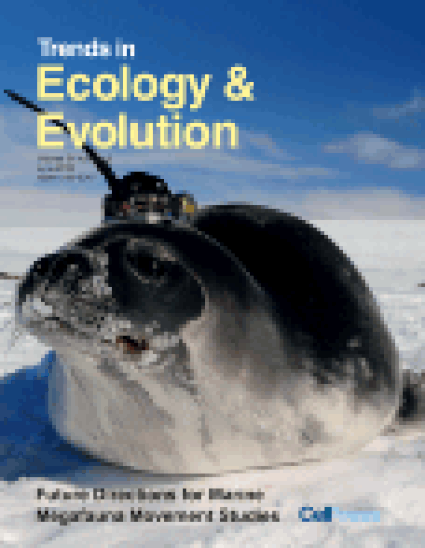
Phenotypic plasticity is the extent to which an organism can change its physiology, behaviour, morphology and/or development in response to environmental cues. Environmentally induced differences in the endocrine system are among the underlying causes of phenotypic plasticity. For example, maternal and other environmental influences on developing young can affect the range of physiological and behavioural responses available to them as adults. The mechanisms underlying phenotypic plasticity can be elucidated using multidisciplinary approaches, in which the dynamic interactions among developmental, hormonal and environmental factors are considered. Such studies point to the importance of considering the overall developmental trajectory of an organism when assessing the adaptive value of phenotypic variation, rather than simply evaluating the individual at a single point in time.
Available at: http://works.bepress.com/alfred_dufty/127/
